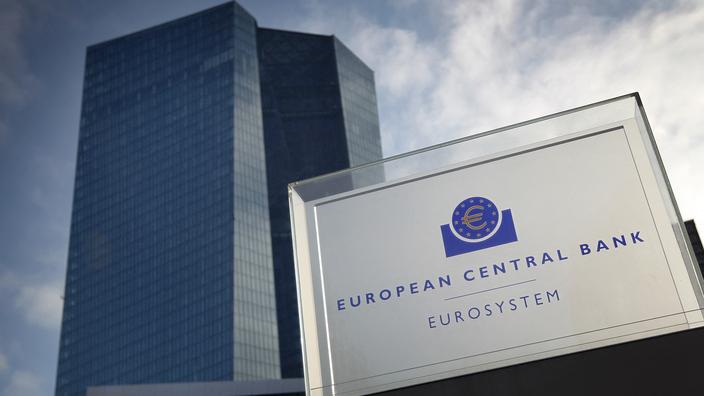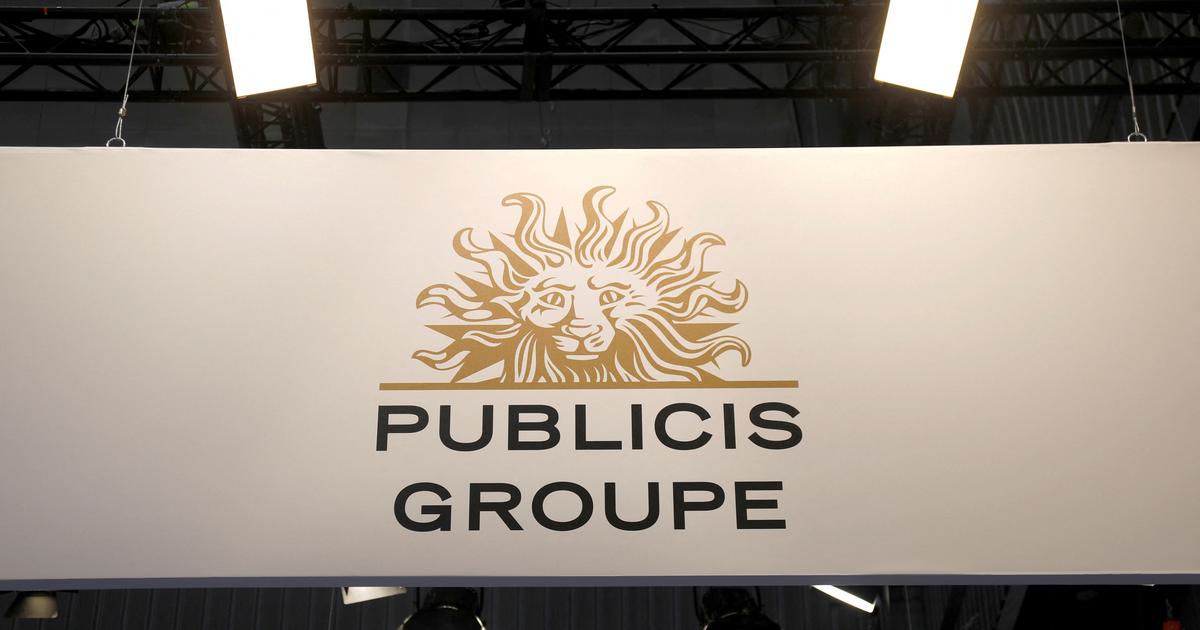The European economy returned to growth in the spring, benefiting from progress in vaccination against Covid-19 and a gradual lifting of health restrictions, according to figures released by Eurostat on Friday.
The gross domestic product (GDP) of the euro area rebounded 2% in the second quarter compared to the previous one, after two consecutive quarterly declines, announced the European statistics office.
Read also: "The sausage war" rages between the European Union and London
For the European Union as a whole, the increase reached 1.9%.
Among the large countries, France recorded the worst performance (+ 0.9%), behind Spain (+ 2.8%), Italy (+ 2.7%) and Germany (+1 , 5%).
Note however, France suffered less in the first quarter than its neighbors.
In the first quarter, the euro zone's GDP fell by 0.3%, after a drop of 0.6% over the last three months of 2020. Experts expected this strong rebound over the period April-June, thanks to the gradual lifting of health restrictions which had slowed down activity, particularly in transport, hotels and restaurants and tourism.
Unemployment rate drops sharply
The improvement on the growth front has had repercussions on the job market. The euro zone unemployment rate fell sharply in June, affecting 7.7% of the working population, after 8% in May. For the European Union as a whole, unemployment fell by 0.2 point over one month to 7.1%. Some 14.9 million men and women were unemployed in the EU in June, including 12.5 million in the euro area.
The only downside is that the annual inflation rate in the euro zone rose in July to 2.2%, exceeding the ECB's 2% target, while the rise in consumer prices worries investors.
These price pressures are causing financial markets to fear a rise in interest rates.
But the European Central Bank like the International Monetary Fund (IMF) and many experts consider this rise in inflation "
temporary
".
Read also: Threats of bankruptcy weaken euro zone banks
"
The recovery of the euro zone economy is on track,
" ECB President Christine Lagarde said last week, while worrying about a possible fourth wave that could put the brakes on again. justifying the maintenance of an accommodating monetary policy. The pandemic "
continues to cast a shadow
" because "
the Delta variant constitutes a growing source of uncertainty,
" she added. The ECB does not anticipate an increase in its historically low rates as long as inflation does not “
permanently
”
exceed
2%.


/cloudfront-eu-central-1.images.arcpublishing.com/prisa/EEJSWJ3MT5C2LL4U4EDDVAF3FY.jpg)






